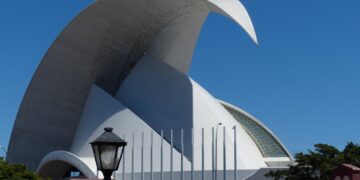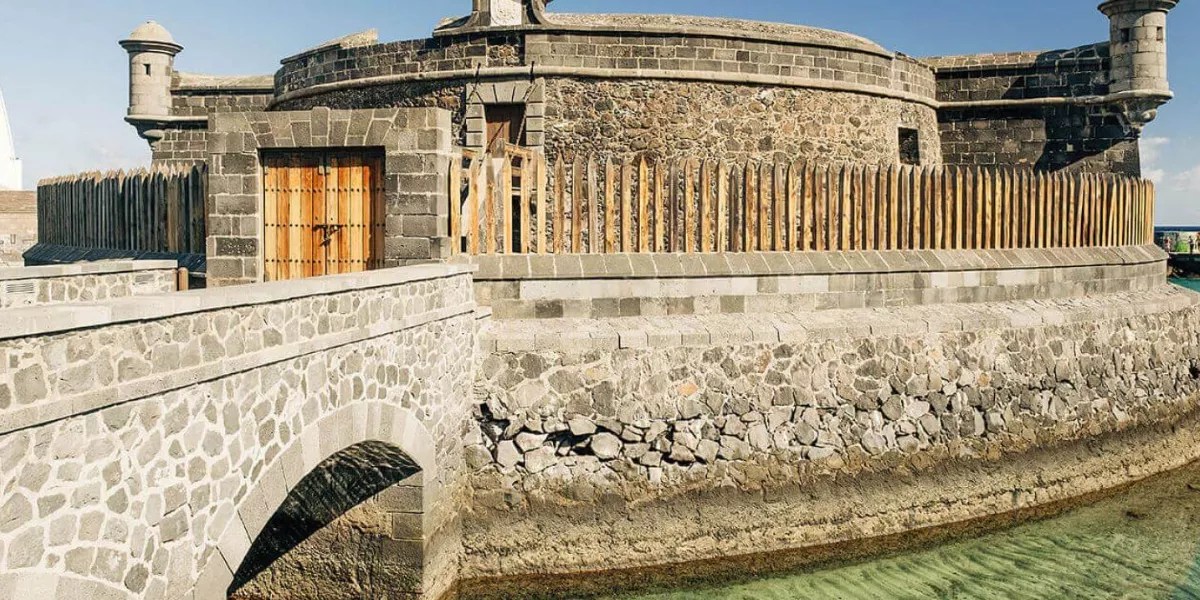The Tenerife Island Council, via the Tenerife Intercity Transport Service (Titsa), is set to introduce two new shuttle bus routes from the north and south of the island to provide direct access for students to the campuses of the University of La Laguna (ULL).
The first route will depart from Costa Adeje, while the second will commence from La Orotava. Both routes have been tailored to “suitable schedules and frequencies” for the over 7,300 university students commuting from both the north and south of Tenerife, as President Rosa Dávila stated this Friday.
These new shuttle services aim to enhance access to the University and ease traffic congestion on the island, adding to the two existing shuttle lines that have been in operation since the 2023-2024 academic year: 606, which starts from Icod, and 608, which originates from Los Realejos heading towards the Guajara Campus.
The new shuttle bus from Costa Adeje is anticipated to assist around 3,300 students commuting from the more distant areas in the south, whereas the service commencing from La Orotava in the north is expected to facilitate the transport of roughly 4,000 students.
“More than 22,000 individuals arrive at the University daily. It is a vital point for mobility in Tenerife. Consequently, we have devised a specific strategy with the University of La Laguna that encompasses a range of measures, with the shuttle buses being one of them,” Dávila explained to the press.
Regarding the potential demand these new shuttles will meet, the Councillor for Mobility of the Cabildo de Tenerife, Eulalia García, clarified that these will be bolstered according to the demand experienced, as is currently done with Titsa’s regular services.
The Vice-Chancellor for Sustainability and Infrastructure at ULL, Candelaria Díaz, highlighted the dual purpose of these university shuttles, which not only alleviate travel challenges for the university community but also contribute to the reduction of traffic to the University.
She mentioned that the University of La Laguna is exploring additional initiatives to complement these shuttle services, such as the development of meeting areas for students within the faculties to help ease congestion on Tenerife’s roads during peak hours.
“We are also engaged in a project to adapt 13 parking areas at the University, wherein spaces will be designated for high-occupancy vehicles, promoting sustainable mobility within the university community,” she added.
Díaz confirmed that in the academic year 2024-2025 they will also provide the maximum number of places in accommodation centres for university students, offering a total of 550 places across their four residences to, as the vice-chancellor remarked, encourage a reduction in the number of vehicles on the roads.
Concerning the implementation of staggered timetables to ease access to the faculties, she noted that “it is a complicated issue,” particularly for faculties with a significant number of enrolled students, due to the need to establish both morning and afternoon groups.
“We are thoroughly assessing other faculties where the entry process could be reorganised to further promote sustainable mobility,” stated the vice-chancellor of ULL.
















